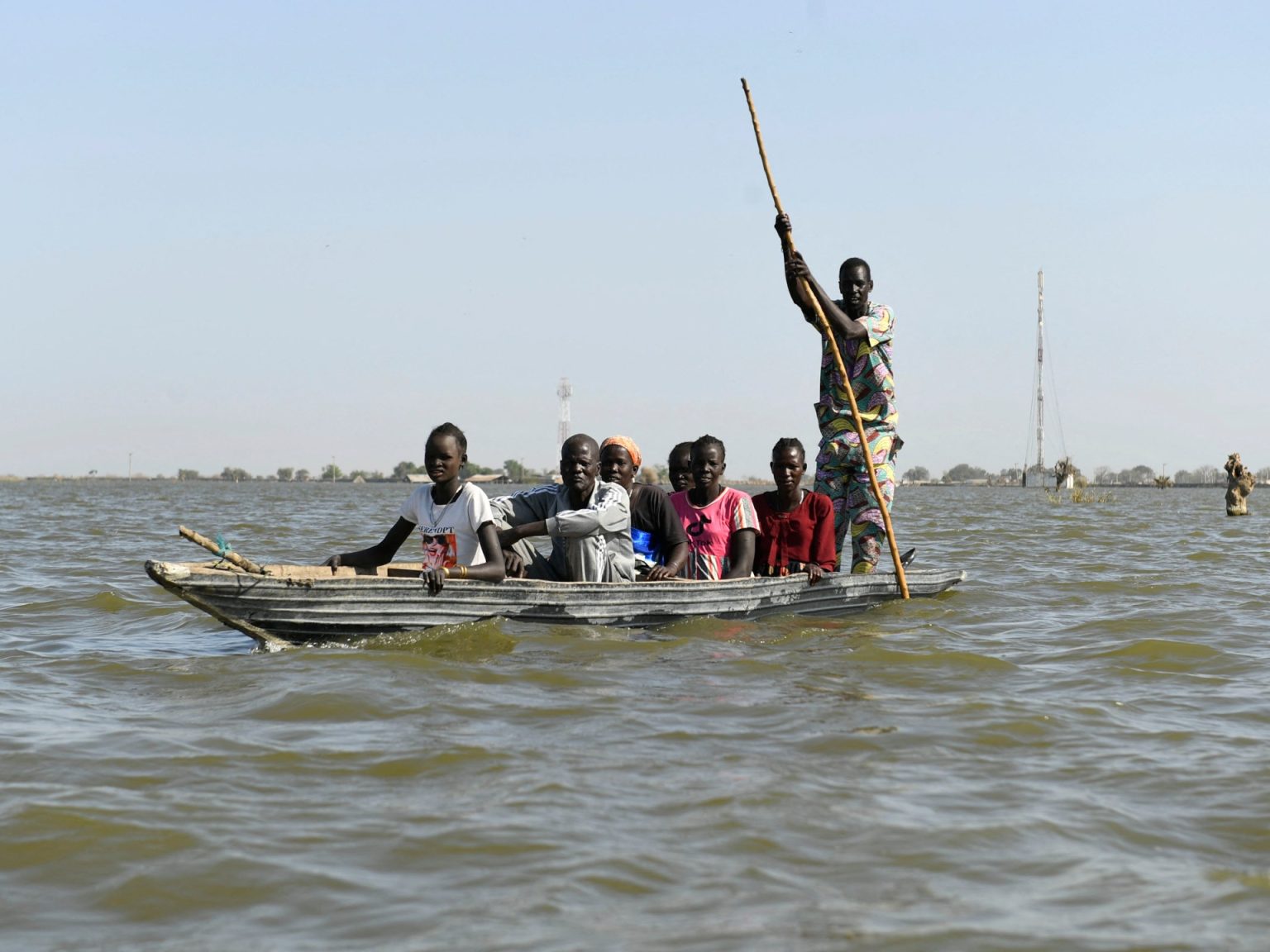The United Nations has reported a surge in malaria cases in several states in South Sudan, overwhelming the already fragile health system in the country. The flooding that has displaced over 379,000 people has exacerbated the situation, with reports of an increase in malaria cases in multiple states including Jonglei, Unity, Upper Nile, Northern Bahr el Ghazal, Central Equatoria, and Western Equatoria. This surge in malaria is further straining the health system and worsening the impact on flood-hit areas, where access to healthcare and resources is already limited.
The flooding in South Sudan has affected about 1.4 million people across 43 counties and the disputed Abyei region, which is claimed by both South Sudan and Sudan. Aid agencies have described the current situation as the worst flooding in decades, particularly in the northern regions of the country. More than 379,000 people have been displaced in 22 counties and in Abyei due to the floods. The UN Office for the Coordination of Humanitarian Affairs (OCHA) has expressed concerns about the ability of the health system to cope with the surge in malaria cases amidst the ongoing flooding crisis.
The World Bank has noted that the latest floods in South Sudan are exacerbating an already critical humanitarian situation in the country. Severe food insecurity, economic decline, continued conflict, disease outbreaks, and the repercussions of the conflict in Sudan have all contributed to the dire circumstances in South Sudan. More than seven million people in South Sudan are food insecure, and 1.65 million children are malnourished, according to the UN’s World Food Programme. The country is facing a period of political paralysis following the announcement of a two-year extension to the transitional period agreed to in a peace deal, which delays elections until December 2026.
South Sudan, which gained independence from Sudan in 2011, has been plagued by chronic instability, violence, and economic stagnation since then. The country has also faced climate disasters such as droughts and floods, further exacerbating the challenges it faces. The vast oil resources in South Sudan have been a vital source of revenue, but this was significantly impacted when an export pipeline was damaged in war-torn Sudan earlier this year. The current flooding crisis and surge in malaria cases are adding to the ongoing humanitarian challenges in the country, further straining the already limited resources and exacerbating the suffering of the population.
The situation in South Sudan highlights the vulnerability of the country to climate change and natural disasters, as well as the ongoing political and economic challenges it faces. The impact of the floods and surge in malaria cases on the health system and the displaced population underscores the urgent need for humanitarian assistance and support. Addressing the underlying issues such as food insecurity, malnutrition, and political instability is crucial to improving the situation in South Sudan and preventing future crises. International aid agencies and organizations are working to provide assistance to those affected by the floods and malaria outbreak, but more support is needed to address the complex challenges facing the country.













